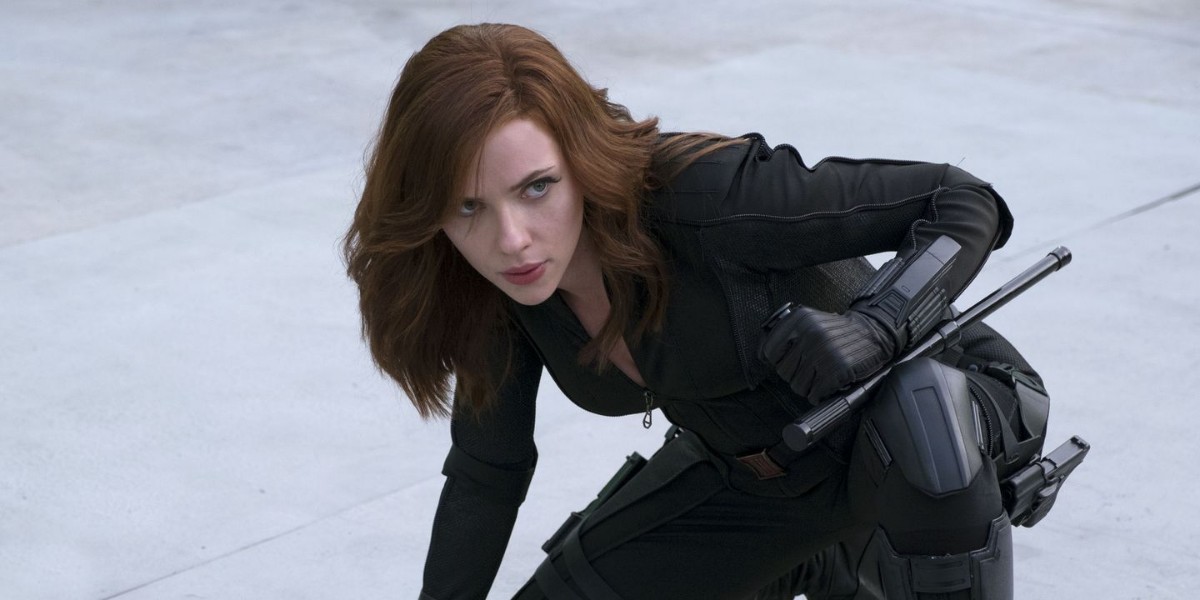Before her role in Marvel Studios’ writers’ group, Jac Schaeffer was probably best known for being the writer-director behind the 2009 rom-com “Timer.” Since then, she recently had another script for “The Hustle,” which starred Anne Hathaway and Rebel Wilson, arrive in theaters. And now, she’s the woman who wrote the script for the highly anticipated Marvel film, “Black Widow.” But as she explained in a recent interview with Inverse, she’s not interested in writing your typical superhero film that is beholden to decades-old canon.
If you’re a comic book reader, you’re probably aware that the genre has not been the most progressive in the world. For years, superhero comics, in particular, tended to follow sexist trends, in the hopes of selling more copies of books. Scantily clad female heroes were prominently displayed with unrealistic proportions and were even featured in “swimsuit issues” (Marvel was just as guilty as the rest). And yes, though she’s a household name now, Marvel’s Black Widow, aka Natasha Romanoff, was no stranger to being sexualized in the pages of the comic books.
It’s that sort of thing that Shaeffer says that she purposefully avoided when adapting the character in her own film. Schaeffer said, “I’m not interested in adhering to comic canon that is discriminatory in any way or that violates my values system.”
Of course, we’ve seen what happens when women filmmakers and actresses have spoken up about these sorts of tropes in comic book films. This year, the release of “Captain Marvel” was mired by trolls and other so-called “fans” that blasted Marvel Studios and star Brie Larson for comments she made about feminism and how the film was going to portray female heroes in a different way. This prompted outrage among many people, who then took their frustrations out by trying to “review bomb” the film on Rotten Tomatoes.
We know how that went, as “Captain Marvel” went on to gross over $1.1 billion and made Brie Larson one of the new faces of the MCU. Shaeffer is aware of what happened with “Captain Marvel,” but she’s not going to let those people affect “Black Widow.”
“When people react with hate, it saddens me. I think it’s a shame,” she said, “But that’s not where I want to put my energy. I’m not interested in the loud, sour-grapes voices.”
She goes on to say that she views the opportunity to work on a big superhero film like “Black Widow” as a way to create change, and that’s what excites her the most.
“I wasn’t a huge superhero movie fan before starting to work [at Marvel], but now that I’m doing it, there’s just so much opportunity to make big, positive statements,” she added. “Especially something like ‘Captain Marvel’ and ‘Black Widow,’ to have these female-centered stories — I just can’t not be involved in that.”
We’ll have to see how Schaeffer’s first foray into superhero storytelling goes when “Black Widow” is released on May 1, 2020.





